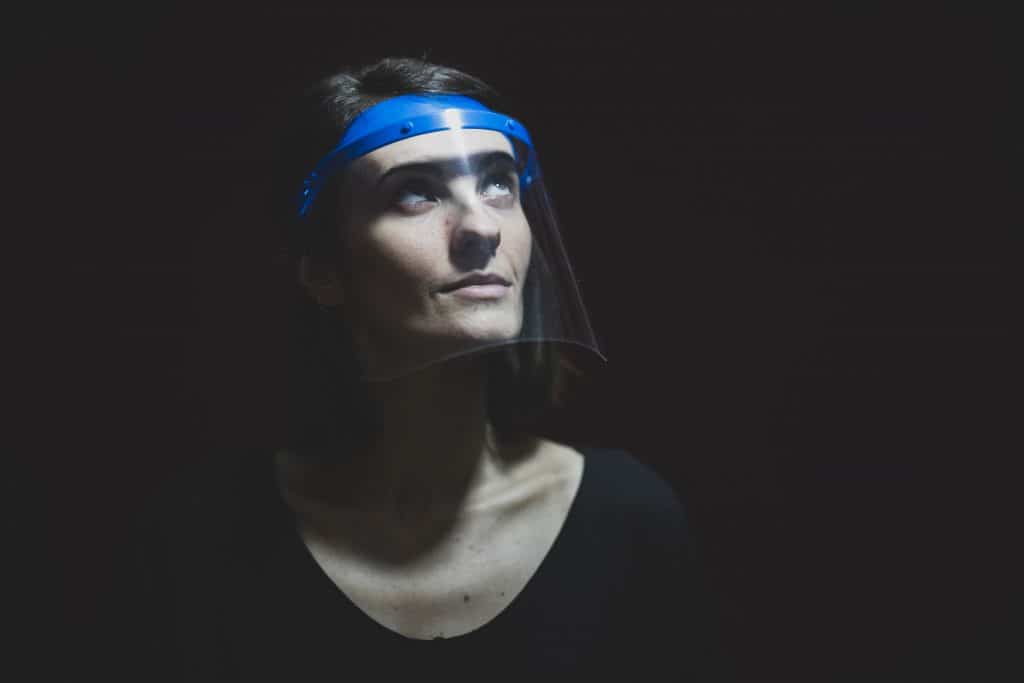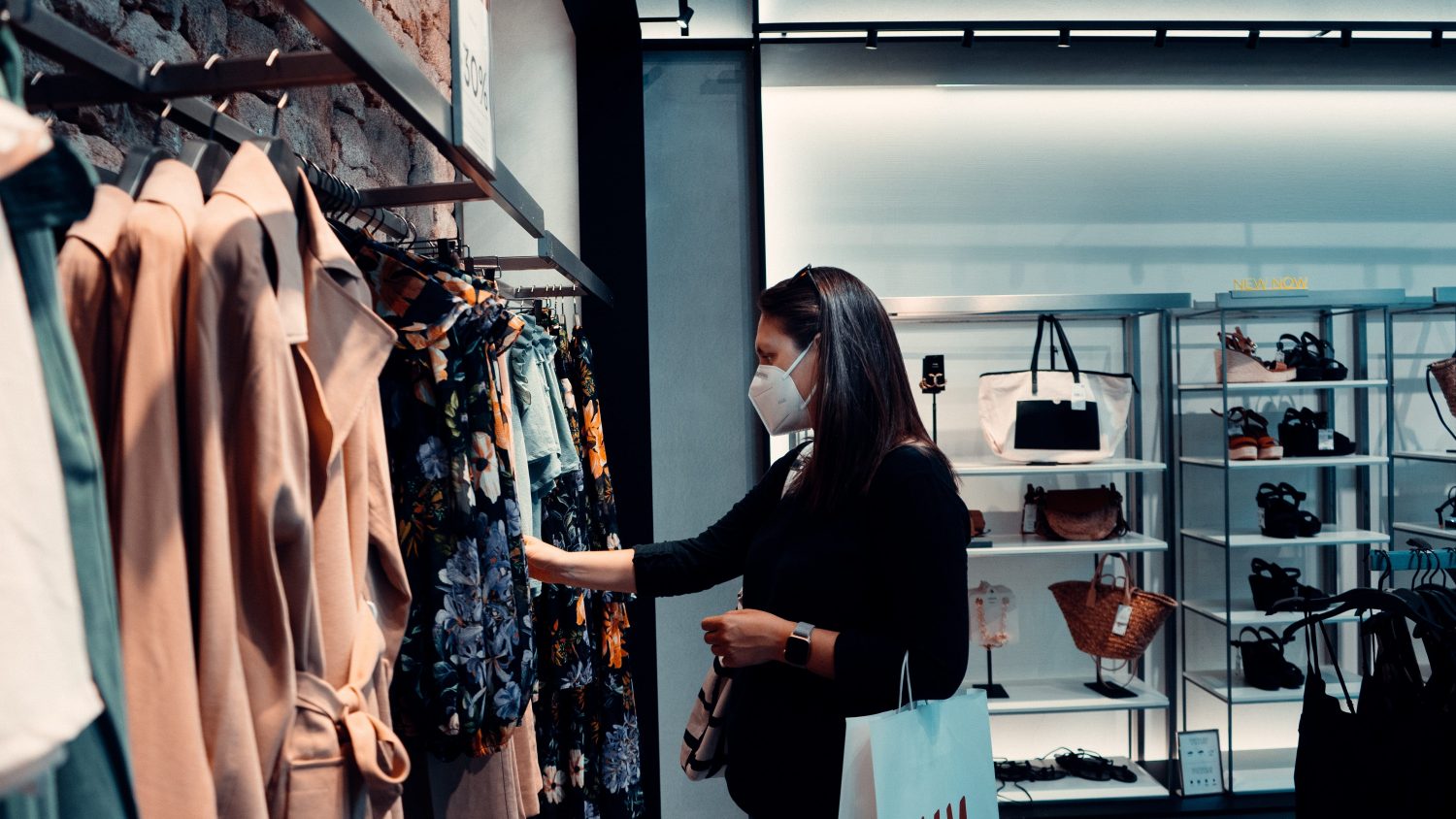Face masks are some of the most efficient ways of preventing the spread of COVID-19. Not all are made the same, though.
Masks have been proven to be the most essential and most effective way of controlling the spread of the coronavirus. While keeping your distance is still the safest measure you can take, proper face masks, when worn by everyone, vastly reduce the risk of transmitting this deadly virus. They also allow us to retain some of the normalcy we crave.
Not all masks and face coverings are made equal though; some are more efficient at providing protection for people and some shouldn’t even be worn at all, according to the Centers for Disease Control (CDC.
Here are 5 things you should keep in mind when choosing your face mask:
The material of the mask matters

RELATED: Can Halloween Masks Protect You From COVID?
Our perspective on face coverings has evolved as the months have passed, with governments initially advising general face coverings, only to later up the ante by recommending face masks specifically with two or more layers for protection. A new study says that masks made out of silk are more effective than cotton when it comes to providing protection from the virus. These masks are more breathable, more comfortable and they also repel moisture, something that’s very useful when battling an airborne virus.
Children should wear masks that fit
This may seem obvious, but when giving a face mask to a kid, it’s important to find one that fits snugly and is preferably made for their size and proportion. Kids face masks should cover the nose, mouth and under the chin, just like adults. But please, parents, don’t give your kid one of your masks to wear. Find one that fits them.
Gaiters and face shields might not be as effective

RELATED: Cleaning Videos Are So Hot Right Now — Here’s Why
Although any type of face covering is better than no covering, neck gaiters tend to be single layered, thus, not being as effective as other masks. When it comes to face shields, while these are effective in reducing the spread of the virus, they don’t provide protection from airborne droplets that can be absorbed through the open parts of the shield.
Your child might be too young for a mask
Children under the age of two shouldn’t wear face masks, since they might cause difficulty breathing and may result in further complications. The CDC makes it clear that anyone at risk of suffocation shouldn’t wear face masks.


